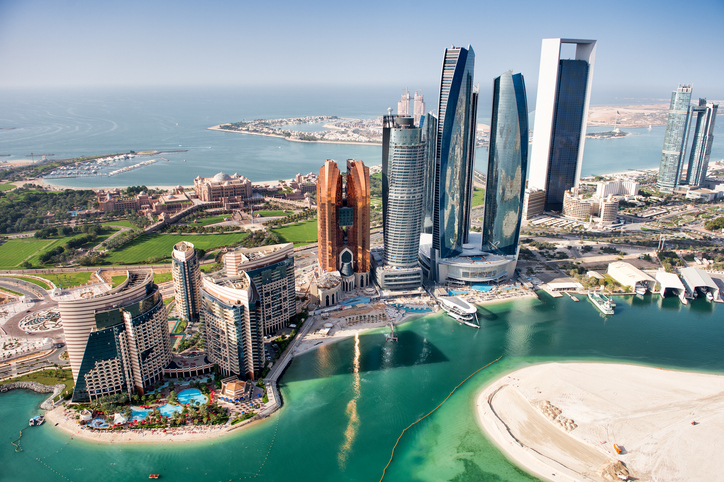Dubai and Abu Dhabi, the glitzy emirates of the United Arab Emirates (UAE), have cemented their positions as regional leaders and climbed the ranks of the world's most liveable cities according to the Economist Intelligence Unit's (EIU) 2024 Global Liveability Index.
The report, released on June 27th, highlights the UAE's growing strength in liveability. Both Dubai and Abu Dhabi secured spots in the coveted "very high" liveability tier, which signifies a score of 80 or above out of 100. This marks a two-position jump from 2023 for each city. Abu Dhabi takes the regional crown, ranking 76th globally with a score of 81. 7, while Dubai follows closely behind at 78th with 80. 8 points.
The EIU credits Dubai and Abu Dhabi's ascent to sustained investments in healthcare and education. These emirates boast world-class hospitals, universities, and research institutions. Additionally, both cities score highly in stability and infrastructure. Dubai's world-renowned transportation network, including its efficient metro system and international airport, contributes significantly to its score. Abu Dhabi, the capital of the UAE, benefits from its government's focus on long-term planning and security.
The Middle East and North Africa (MENA) region presents a mixed picture when it comes to liveability. While Dubai and Abu Dhabi flourish, Tel Aviv, a previous high-ranking city in the region, witnessed a significant drop due to ongoing conflicts. Despite this setback, the overall outlook for the GCC seems positive. Saudi Arabian cities like Riyadh, Jeddah, and Al Khobar also enjoyed an increase in liveability scores, mirroring the UAE's success.
Dubai and Abu Dhabi's rise in liveability rankings reflects the UAE's broader ambitions to position itself as a global hub for business, tourism, and innovation. The emirates' focus on attracting talent and investment is paying off, as evidenced by their growing appeal as destinations to live, work, and raise a family.

